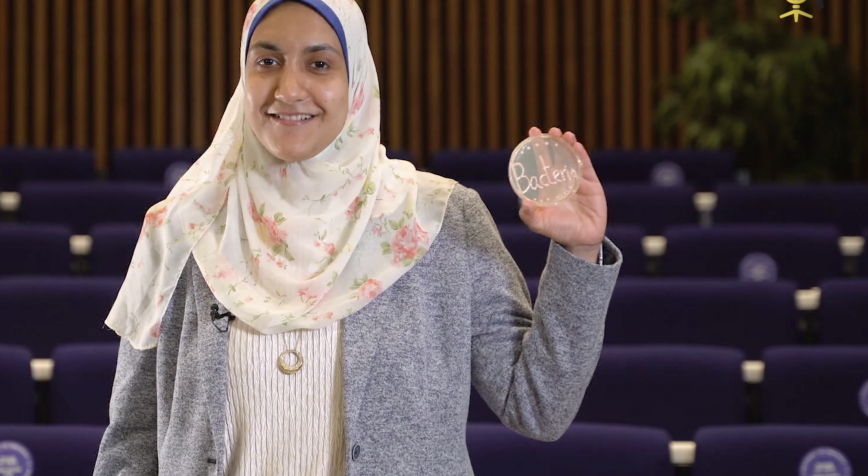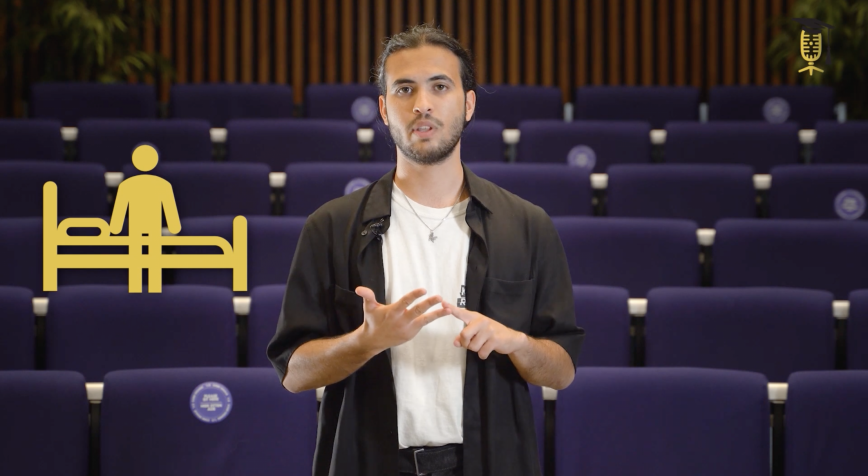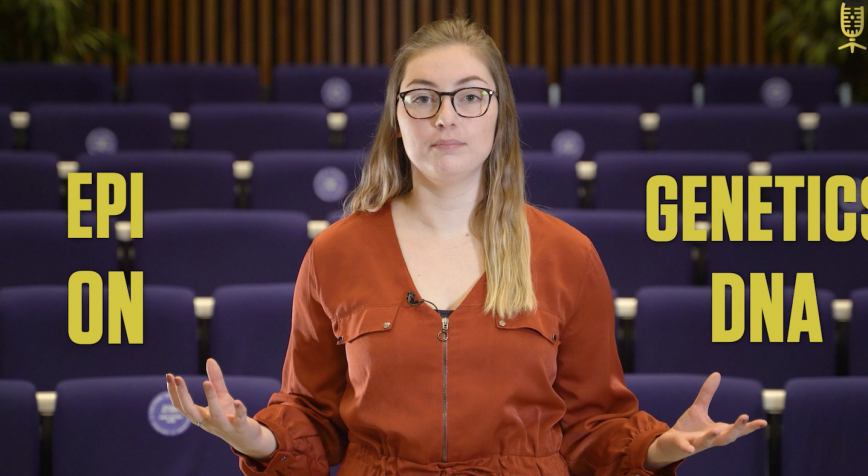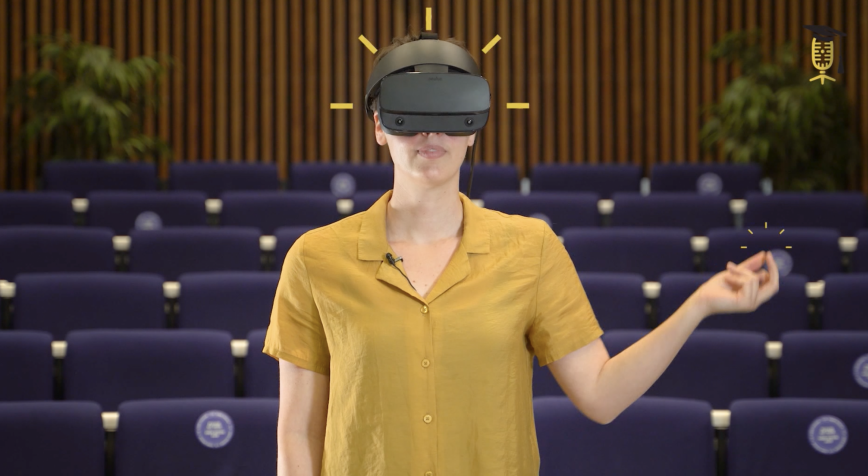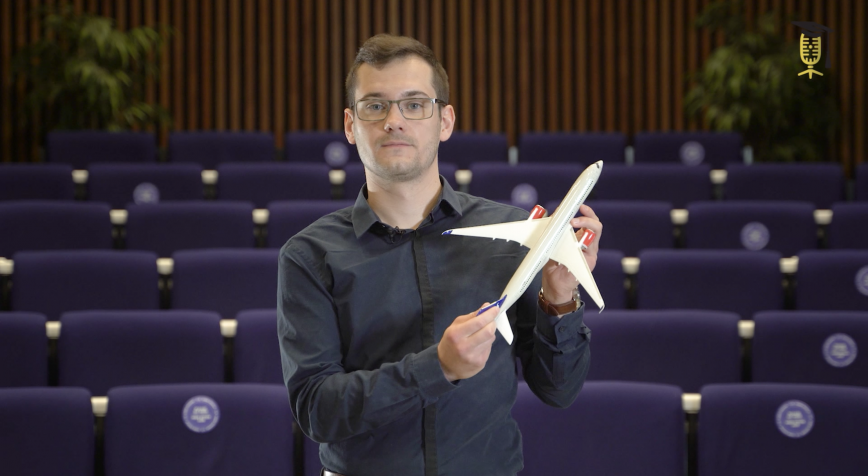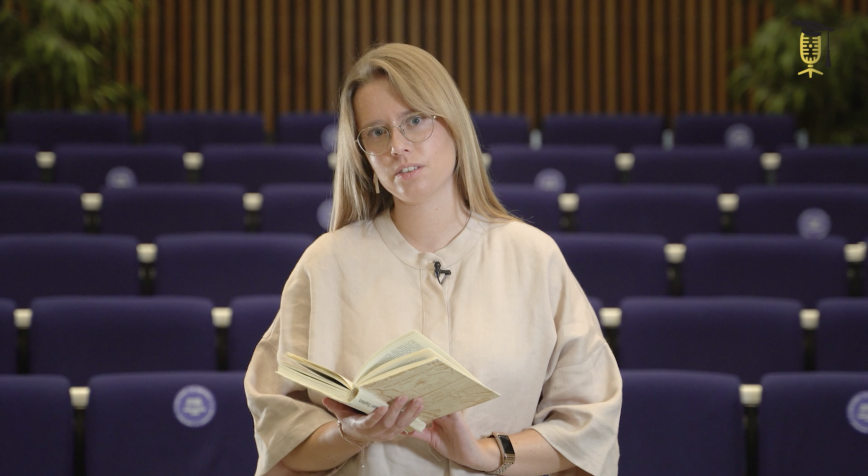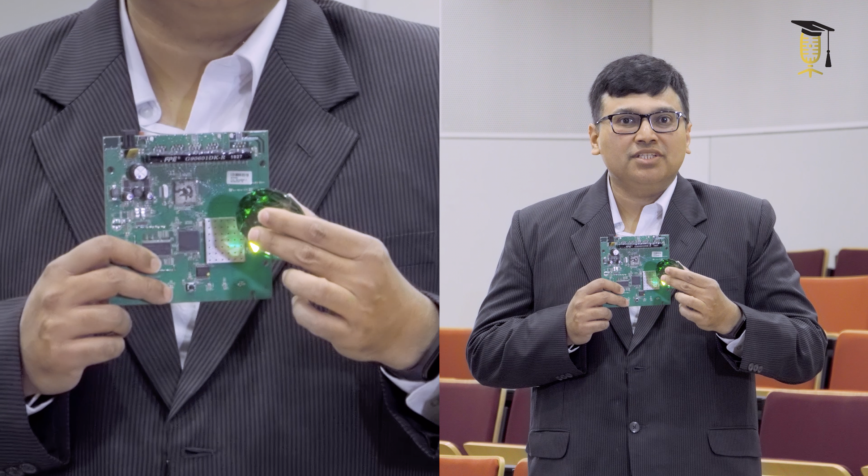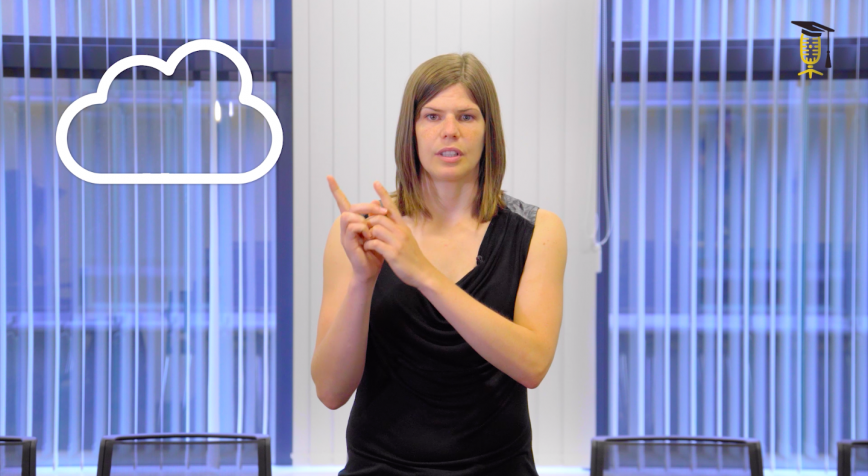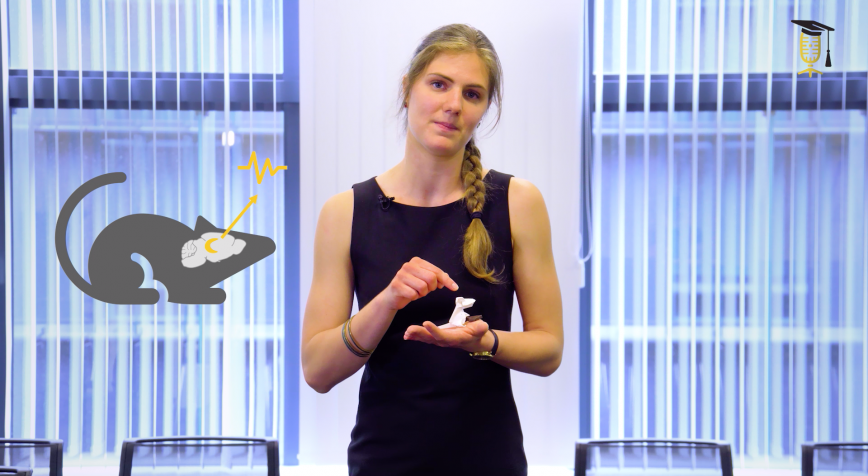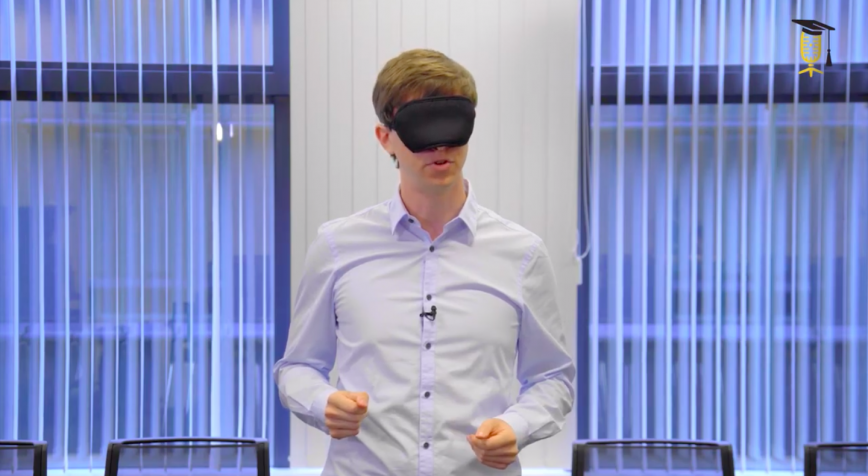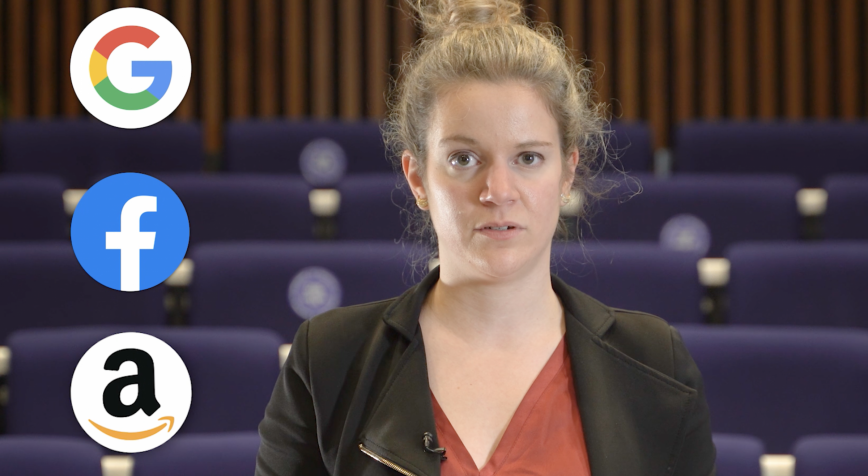
FWO
VUB
What data protection can do for you
Ever wondered why your smartphone seems to know everything about you? You talk to a friend on Whatsapp about getting a new coffee machine and suddenly you see online ads about coffee machines everywhere. What is happening and what can we do about this? Laura Drechsler (VUB - FWO) tells you more about data & data protection law in this video.
